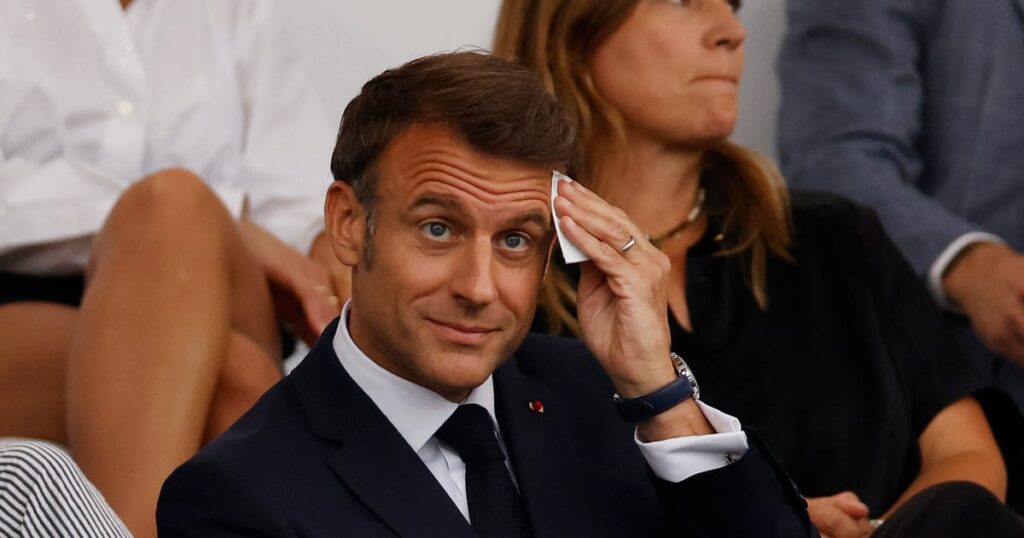Macron met on Tuesday with conservative party leaders, including Senate President Gerard Larcher and Laurent Wauquier, speaker of the conservative lower house, and the talks appeared to solidify Bertrand’s position as the front-runner, according to people with knowledge of the meetings who asked not to be identified because they were not authorized to speak publicly.
But by Tuesday afternoon, Beltran was already facing serious opposition to his appointment.
The past 36 hours have left even veteran political commentators stumped, with the internet flooded with mocking memes and jokes: French journalist Diane de Fortanier tweeted a graph depicting the rise and fall of the candidates, while former Elysée Palace official Gaspard Gantzer mocked Macron’s indecisiveness and endless consultations, joking that next he’ll meet with the French prime minister, a César award winner and a Tour de France winner.
Outgoing Prime Minister Gabriel Attal also did not escape the commotion when he visited a Paris-area school on Monday and was grilled by students about who the next prime minister should be and whether he is still friends with the French president.
The new normal in France
While such lengthy negotiations are to be expected in many other European countries, where parliamentary democracies and difficult coalition negotiations are the norm, the uncertainty is unprecedented in France, where political stability has been guaranteed by a presidential system since the beginning of the Fifth Republic.
Following a snap election in June in which France failed to win an absolute majority in the National Assembly, cabinet ministers resigned and a caretaker government has been running the country since July. The New Popular Front, a coalition of left-wing parties, won the most seats in parliament.



